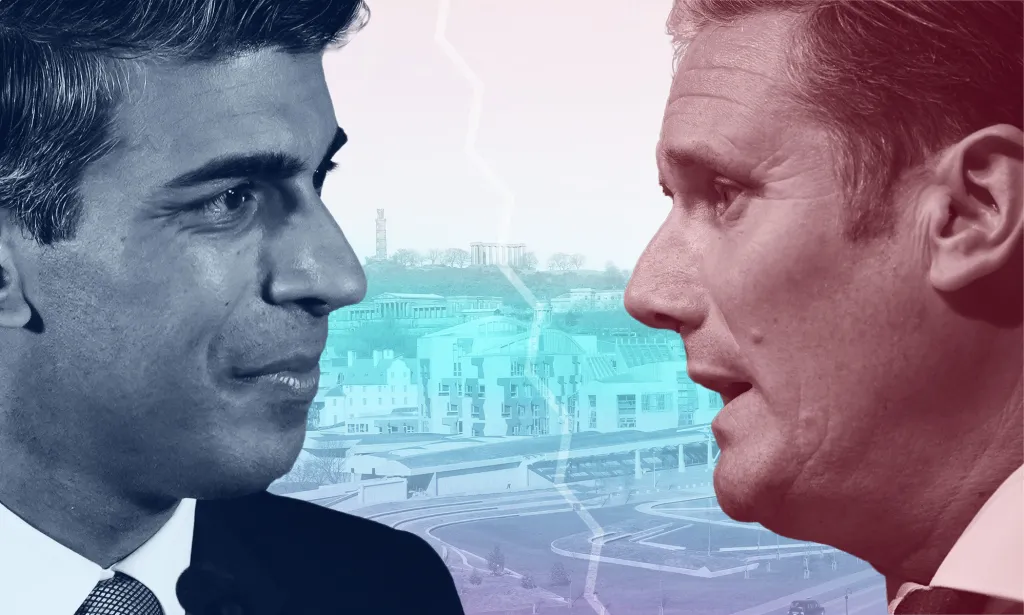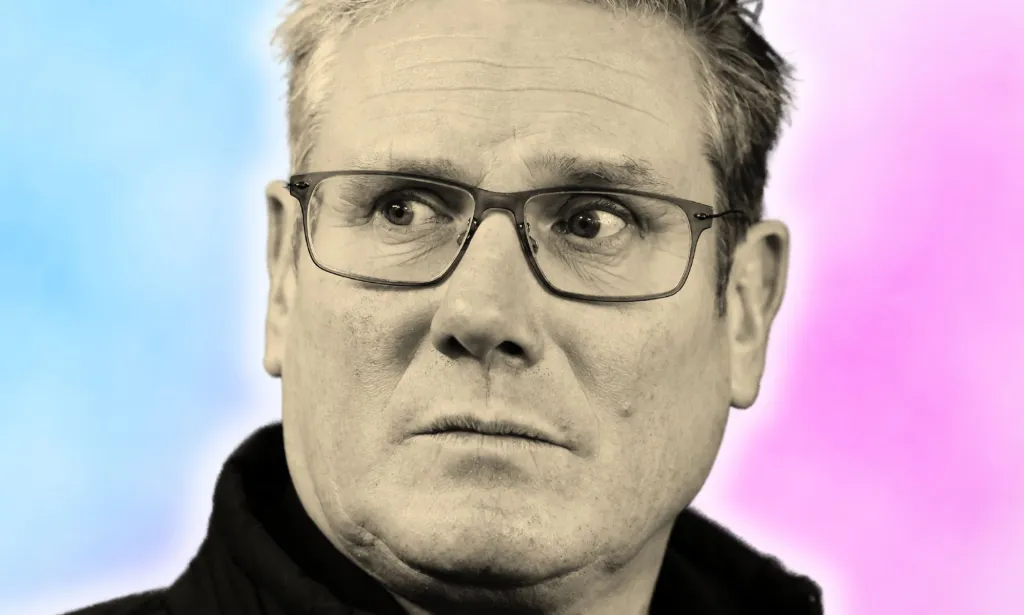Activist and best-selling author Juno Dawson has outlined what she wants Labour and Keir Starmer to do for trans people if – as expected – they win Thursday’s (4 July) general election.
Britain heads to the polls for the first time in nearly five years later this week, to decide whether Rishi Sunak or Starmer will be handed the keys to No.10.
Unless there’s a dramatic turnaround of events – or pretty much every prediction is wrong – the Conservatives and Sunak are facing a historic defeat and Starmer will be celebrating a landslide victory, possibly dwarfing Tony Blair’s majority of 179 in 1997.
But Starmer’s stance on the transgender community and trans rights is a mixed bag.
Although he has promised to introduce a trans-inclusive conversion therapy ban and to “modernise, simplify and reform” the gender-recognition process, he has also said that trans women don’t have “the right” to use women’s spaces, and he doesn’t want trans “ideology” being taught in schools.
Labour is a divided party when it comes to trans rights, with frontbenchers being accused of flip-flopping their way through questions in the past few years.

However, for Dawson, one of the UK’s most-recognisable trans women, things are simple. “The Labour Party needs to stop fretting about its stance,” she tells PinkNews.
“When I look at the Green Party [or] the SNP, who have been really clear about their stance, it doesn’t really seem to put off voters.”
Above all, Dawson – known for her fiction novels such as Her Majesty’s Royal Coven and non-fiction books including This Book Is Gay – wants Starmer to focus on bigger issues, instead of getting wrapped up in politically manufactured culture wars.
“We are a tiny, tiny minority group. I’m a trans person and I don’t want this whole election to be about trans people,” she states firmly. “I want it to be about the cost-of-living crisis. I want it to be about the fact I cannot find a dentist. I want it to be about my grandma waiting months for an operation that she desperately needs.
“I am a trans person saying trans people should not be a priority in this election.”

That’s not to say, of course, that Starmer’s position on the trans community doesn’t matter – far from it. If Labour does win, Dawson expects him to live up to his promise of simplifying the gender-recognition process.
“I know way too many trans people who are in their third or fourth year of waiting for an initial consultation with a gender-identity clinic. I don’t understand why their GP can’t treat them.
“I got very lucky with my GP, he was a gay man who was very sympathetic to my needs as a trans woman. Not everybody is so lucky.
“No matter how much you doubt trans people, or think we’re gross and weird, surely you would want us to get our health care promptly. I’m not expecting the moon on a stick, but I hope Labour stay true to what they’ve promised.”

Dawson’s second hope is that the Labour leader protects the 2010 Equality Act, in which the Conservatives have vowed to change the definition of “sex” to mean “biological sex”.
While Starmer hasn’t indicated any plans to change the legislation, should he be asked to form a government by King Charles, he has recently doubled down on his stance on protecting “biological women’s spaces”.
Earlier this week, he said that trans women – even those with a gender-recognition certificate – “don’t have the right” to access women-only spaces such as domestic abuse refuges and women’s toilets. He has previously suggested transgender women could use “side rooms” in hospitals, instead of being placed on women’s wards.
Dawson, seen on Bangor’s team in Christmas University Challenge last December, doesn’t mince her words when it comes to the Tories.
Sunak has repeatedly used dog-whistles to mock the trans community and has even gone as far as to say trans women are not women. He has also committed to removing gender “ideology” from schools, and wants to ban sex education for children under the age of nine.
“In the words of Chappell Roan, good luck babe,” says Dawson, a former primary-school teacher and later a PSHE (personal, social, health and economic education) co-ordinator.

“[Banning sex education] is based on nothing. This is all to do with scoring a few votes, the Tories have nothing to offer in terms of the NHS or the economy, so they’re going for the absolute lowest-hanging fruit.
“I qualified in 2005, and even back then, when we [talked] about sex education for the under-10s, we were talking about the lifecycle of frogs. We were talking about the notion of very basic science around DNA.”
Dawson doesn’t think the Tories are “as stupid or naive” as to think that young children aren’t being taught “absolutely terrifying things” through what they see online. Sex education in schools is an opportunity to provide fact-based, healthy relationship-focused teachings before the internet can do its damage.
“As soon as the young person gets a smart phone, we need to be having these conversations about how pornography is skewed, how it’s adult, how it’s misogynist often, how that is not real sex,” she continues.
“We need to be teaching young people that sexual relationships are built on consent, communication, tenderness, boundaries. That’s the responsible, mature thing to do.
“This knee-jerk pearl-clutching is leaving young people really vulnerable.”
